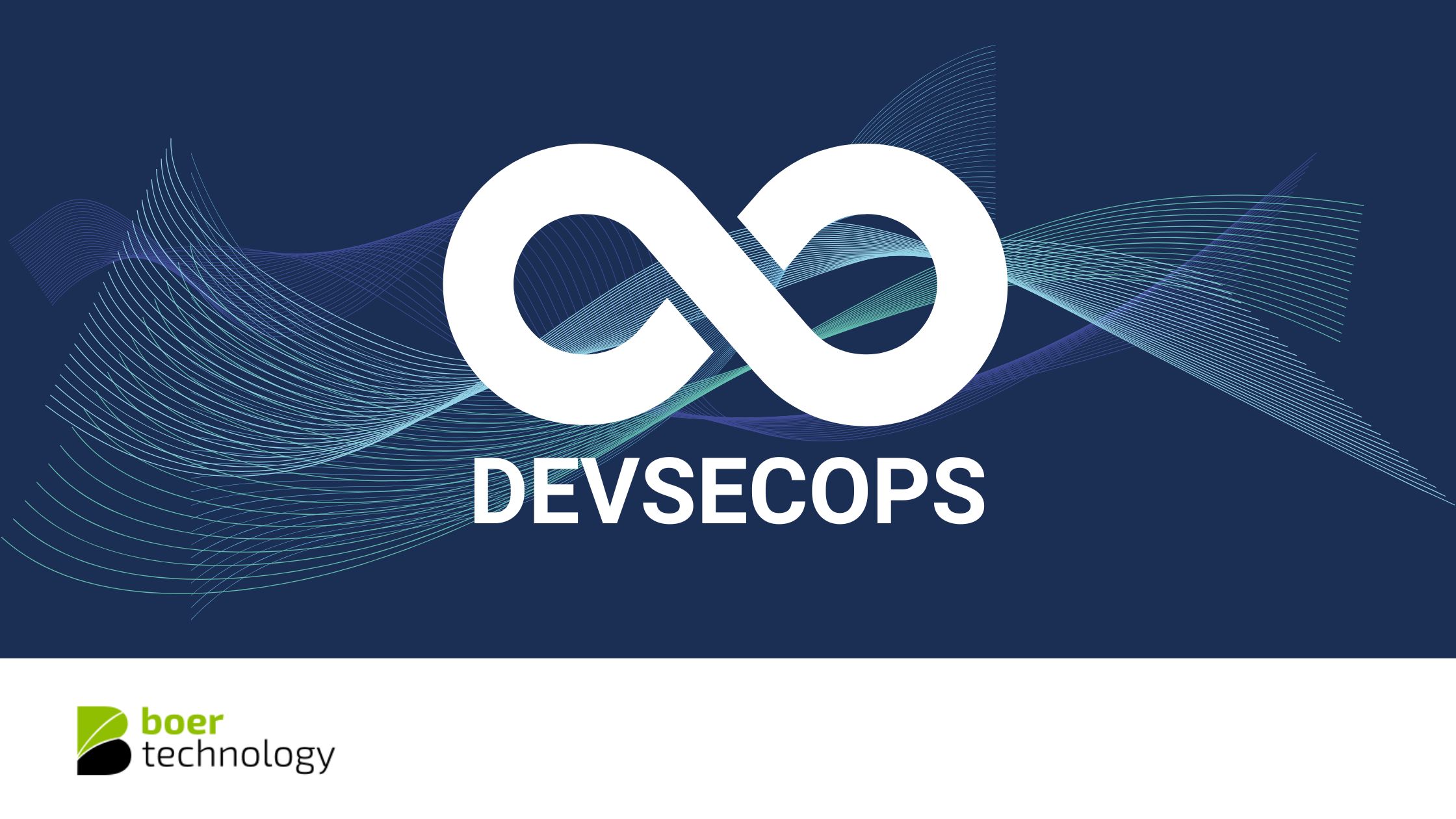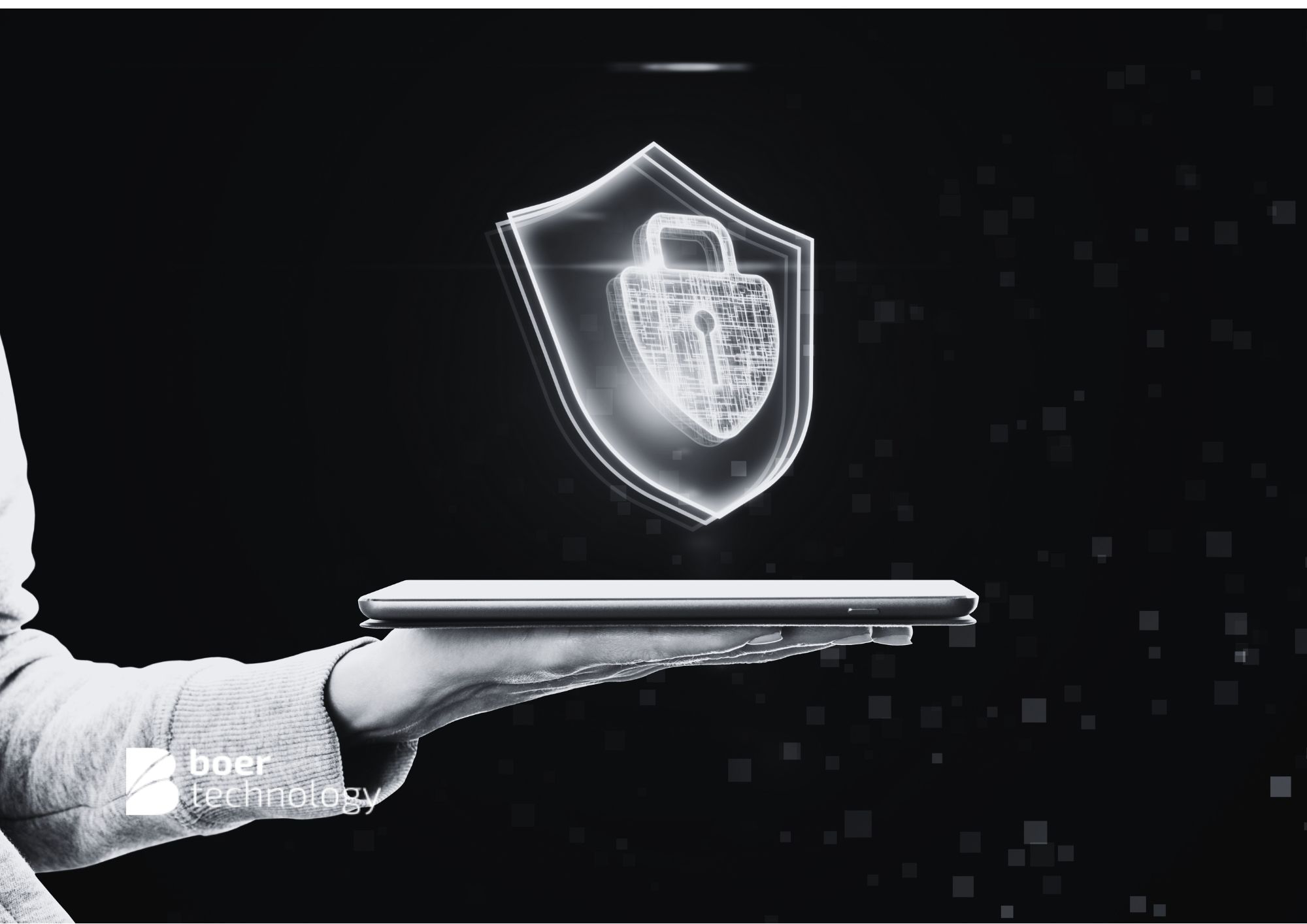In the ever-evolving world of technology, new methodologies and frameworks are constantly emerging to address the challenges of software development, deployment, and security. One such trend that has gained significant traction in recent years is DevSecOps. This paradigm integrates security practices into the DevOps process, ensuring that security is a core component of every stage of the software development lifecycle. As organizations strive to deliver software more quickly and securely, DevSecOps is becoming increasingly essential. Here’s why DevSecOps is the trend to watch.
The Evolution from DevOps to DevSecOps
DevOps, a combination of development and operations, revolutionized how software is developed and delivered. By fostering a culture of collaboration between development and operations teams, DevOps enables faster and more reliable software releases. However, as cybersecurity threats have grown in sophistication and frequency, it became clear that security needed to be embedded into this process. Enter DevSecOps – the evolution of DevOps that incorporates security as a fundamental part of the process.
Emphasis on Security from the Start
One of the key reasons why DevSecOps is trending is its emphasis on integrating security from the very beginning of the software development lifecycle. Traditional methods often treated security as an afterthought, addressing it only after the development process was complete. This approach left many vulnerabilities unaddressed until the last minute, increasing the risk of security breaches. DevSecOps ensures that security measures are implemented from the initial stages of development, making it easier to identify and fix vulnerabilities early on.
Automation and Continuous Integration/Continuous Deployment (CI/CD)
Automation is a cornerstone of both DevOps and DevSecOps. By automating repetitive tasks, teams can focus on more strategic work. In the context of DevSecOps, automation extends to security practices as well. Tools for automated security testing, code analysis, and vulnerability scanning are integrated into the CI/CD pipeline. This continuous approach to security testing ensures that every change in code is scrutinized for potential security issues, providing a higher level of security assurance without slowing down the development process.
Faster Incident Response and Recovery
In today’s fast-paced digital environment, the ability to quickly respond to security incidents is crucial. DevSecOps practices enable faster incident response and recovery. By embedding security experts within development and operations teams, organizations can swiftly address security threats and vulnerabilities as they arise. This proactive approach not only minimizes the impact of security incidents but also helps in building a resilient infrastructure capable of withstanding attacks.
Collaboration and Shared Responsibility
DevSecOps fosters a culture of collaboration and shared responsibility among development, operations, and security teams. This cultural shift is essential for breaking down silos and ensuring that everyone is accountable for security. By promoting open communication and collaboration, DevSecOps helps in aligning goals and priorities across teams, leading to a more cohesive and efficient approach to software development and security.
Compliance and Regulatory Requirements
With the increasing number of regulations and standards related to data security and privacy, compliance has become a critical concern for organizations. DevSecOps helps in maintaining compliance with these regulations by integrating security controls and checks throughout the development process. Automated compliance checks and audits ensure that the software meets all necessary standards, reducing the risk of non-compliance and potential legal repercussions.
The Competitive Advantage
In a highly competitive market, the ability to deliver secure software quickly can be a significant differentiator. Organizations that adopt DevSecOps practices can release software updates and new features more rapidly while maintaining a high level of security. This agility not only enhances customer satisfaction but also gives organizations a competitive edge.
Conclusion
As cybersecurity threats continue to evolve, the integration of security into the software development process is no longer optional – it’s a necessity. DevSecOps addresses this need by embedding security practices into every stage of development, ensuring that security is not an afterthought but a core component. By fostering collaboration, leveraging automation, and enabling faster incident response, DevSecOps provides a robust framework for delivering secure software in today’s dynamic digital landscape. As a result, DevSecOps is not just a trend – it’s the future of software development and security.
Read Also: LEVERAGING CLOUD-INIT FOR CONFIGURING OPENSTACK INSTANCES
Read Also: MANAGING A CLOUD ENVIRONMENT IN OPENSTACK



